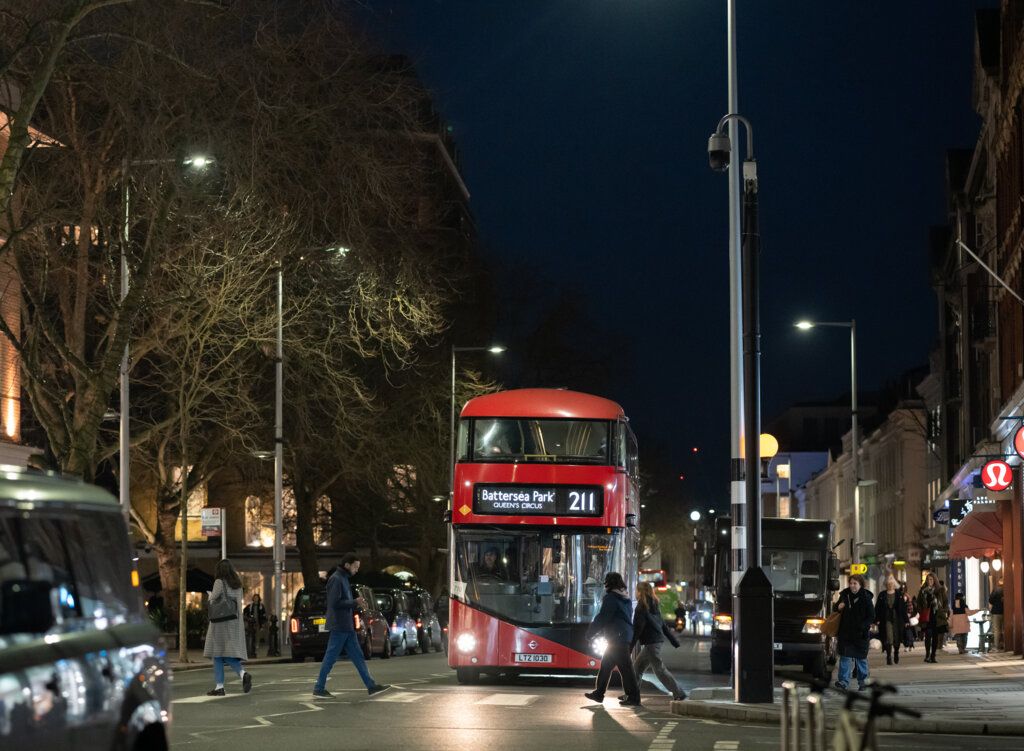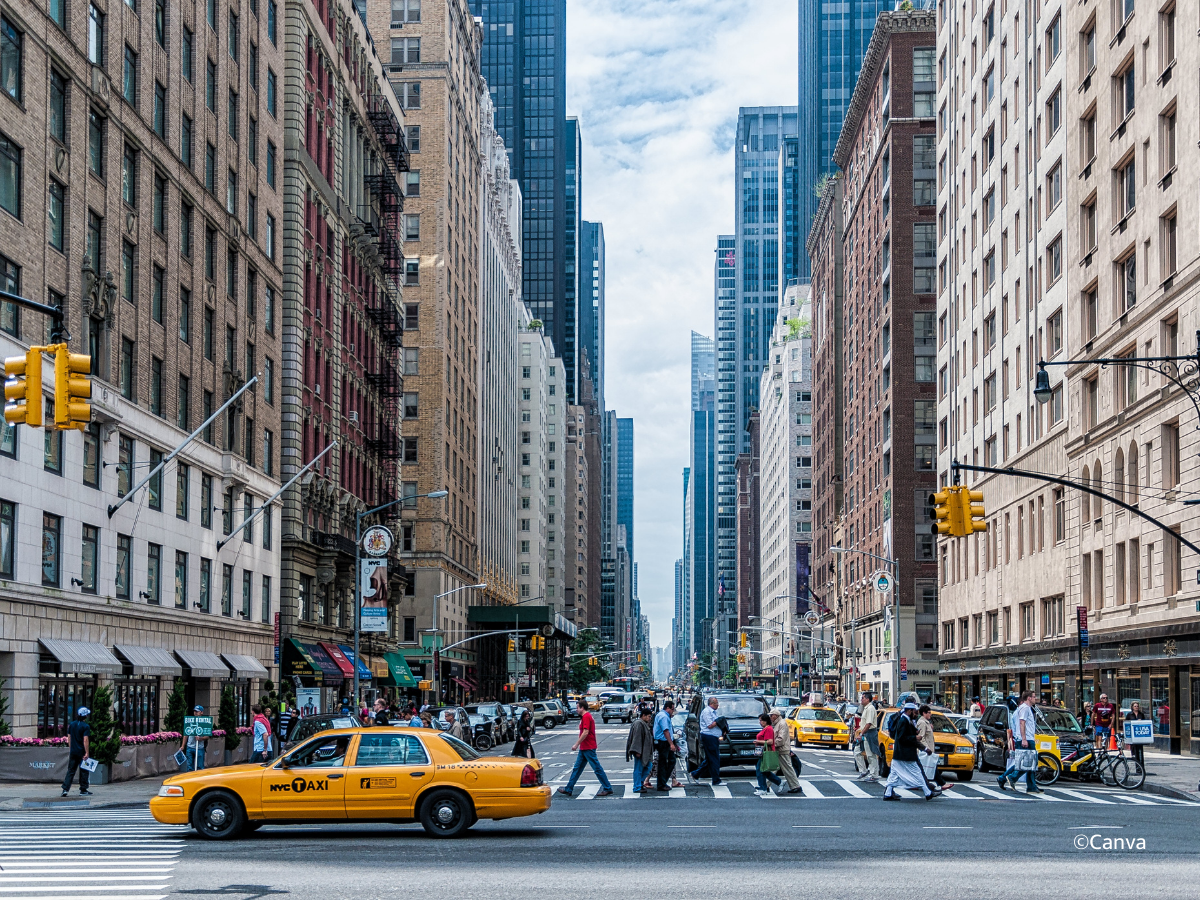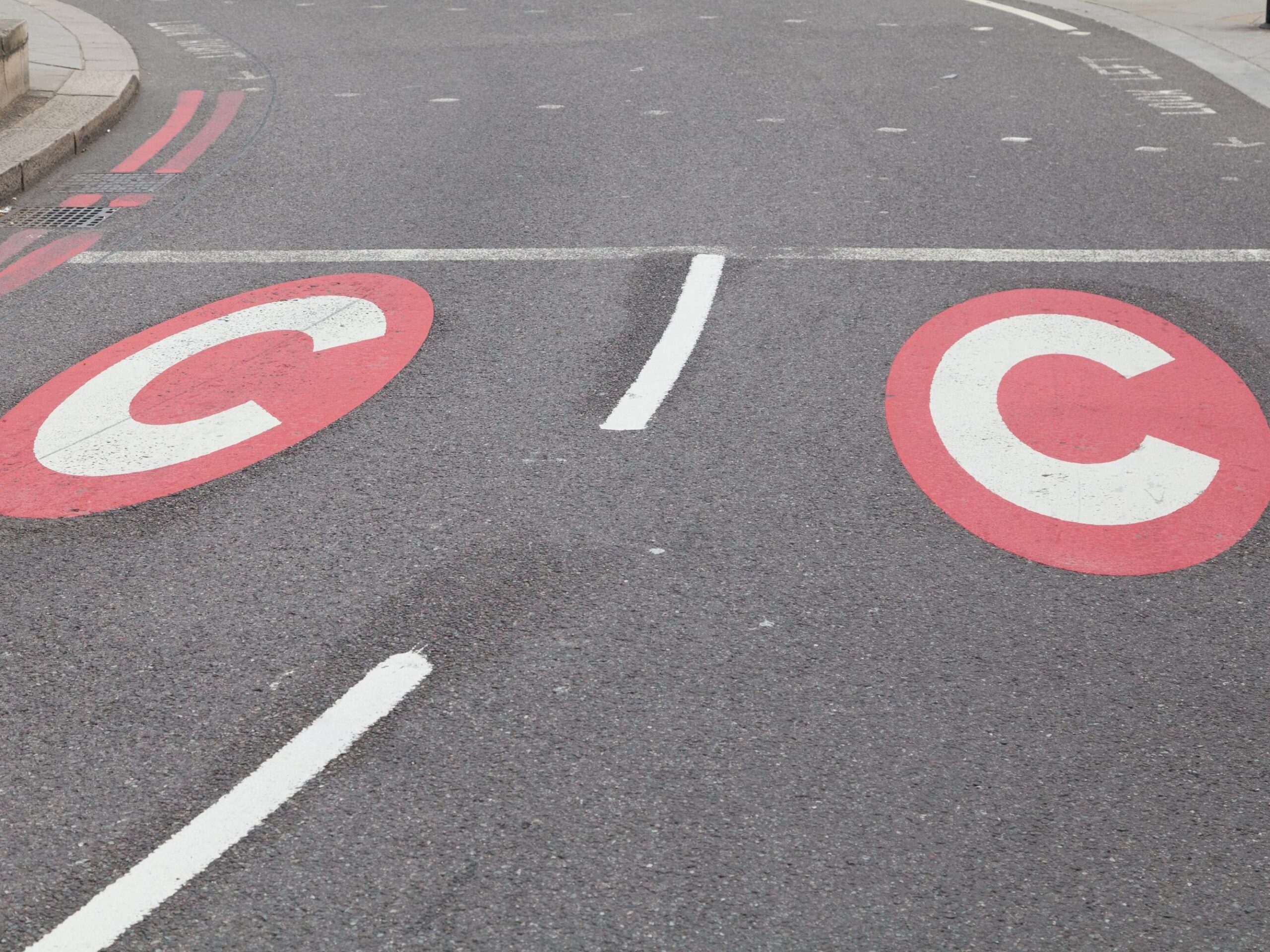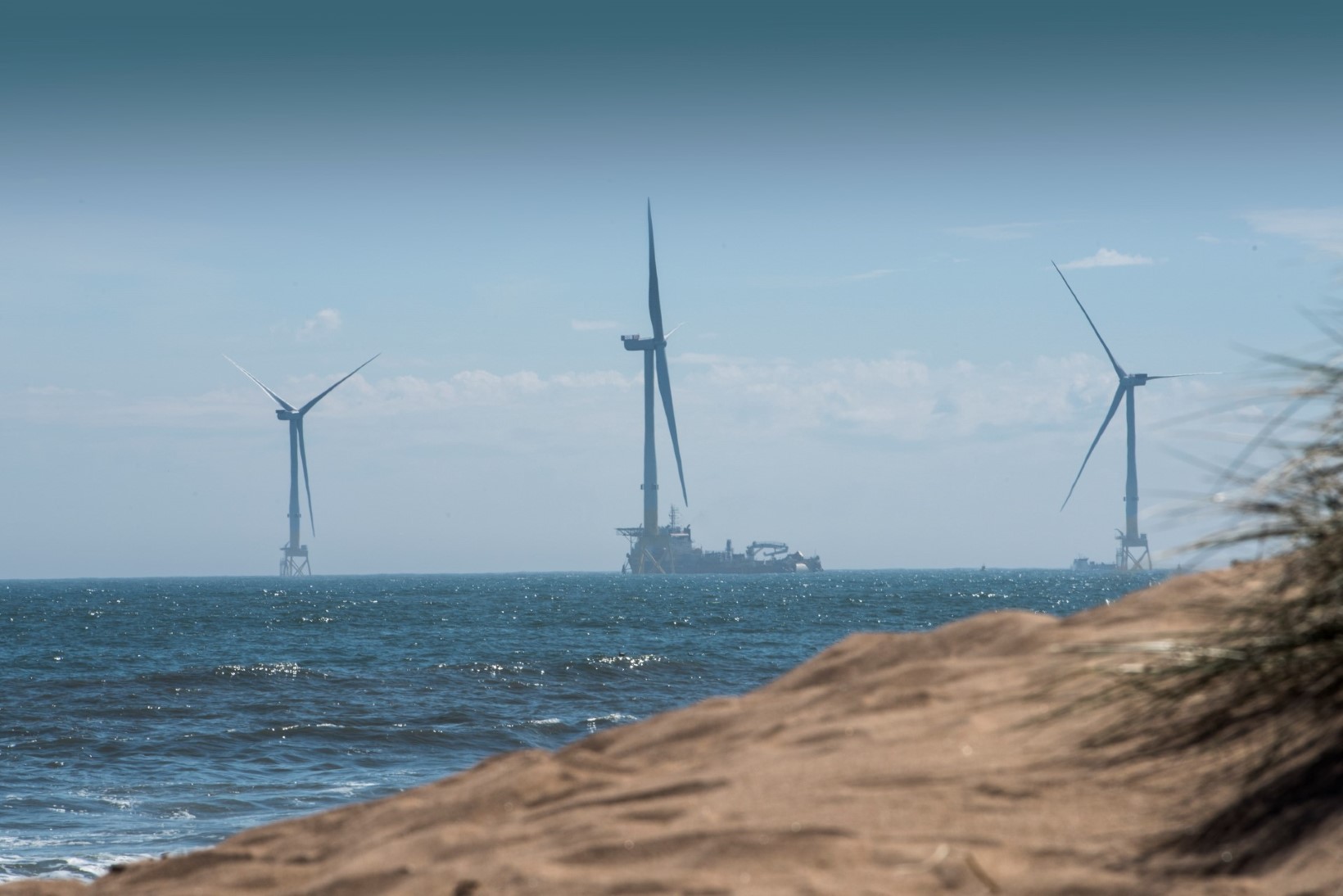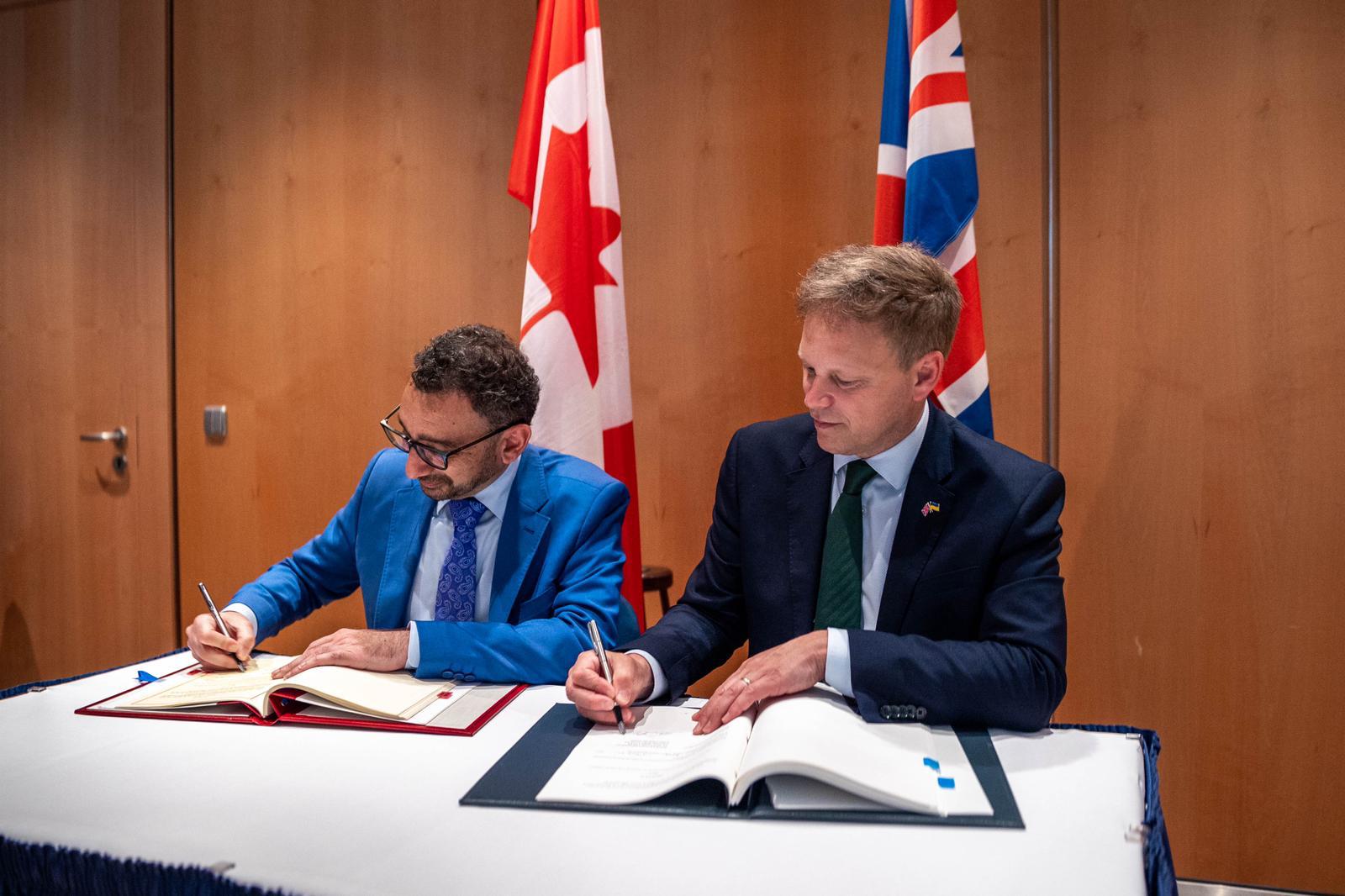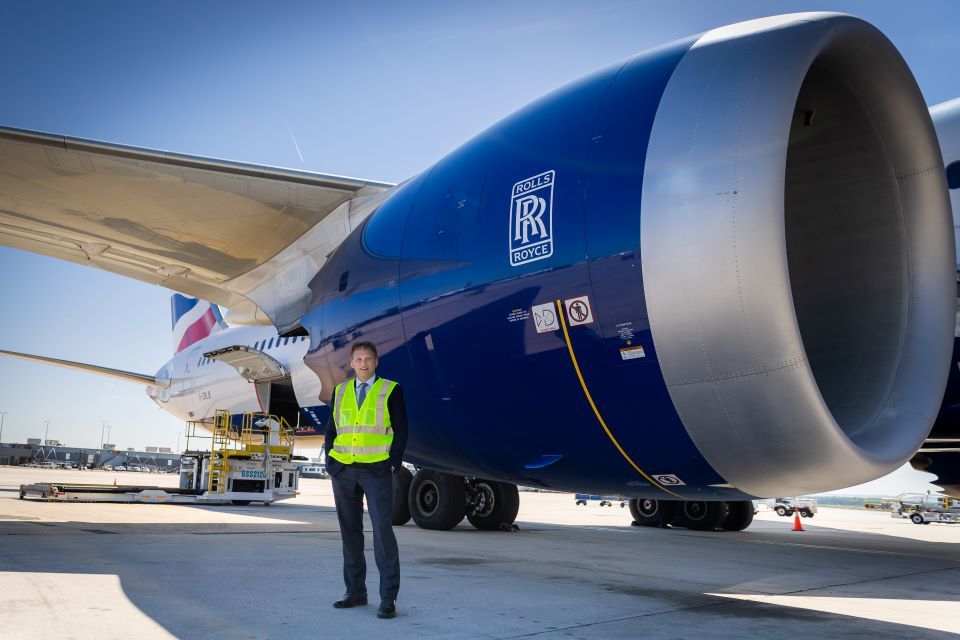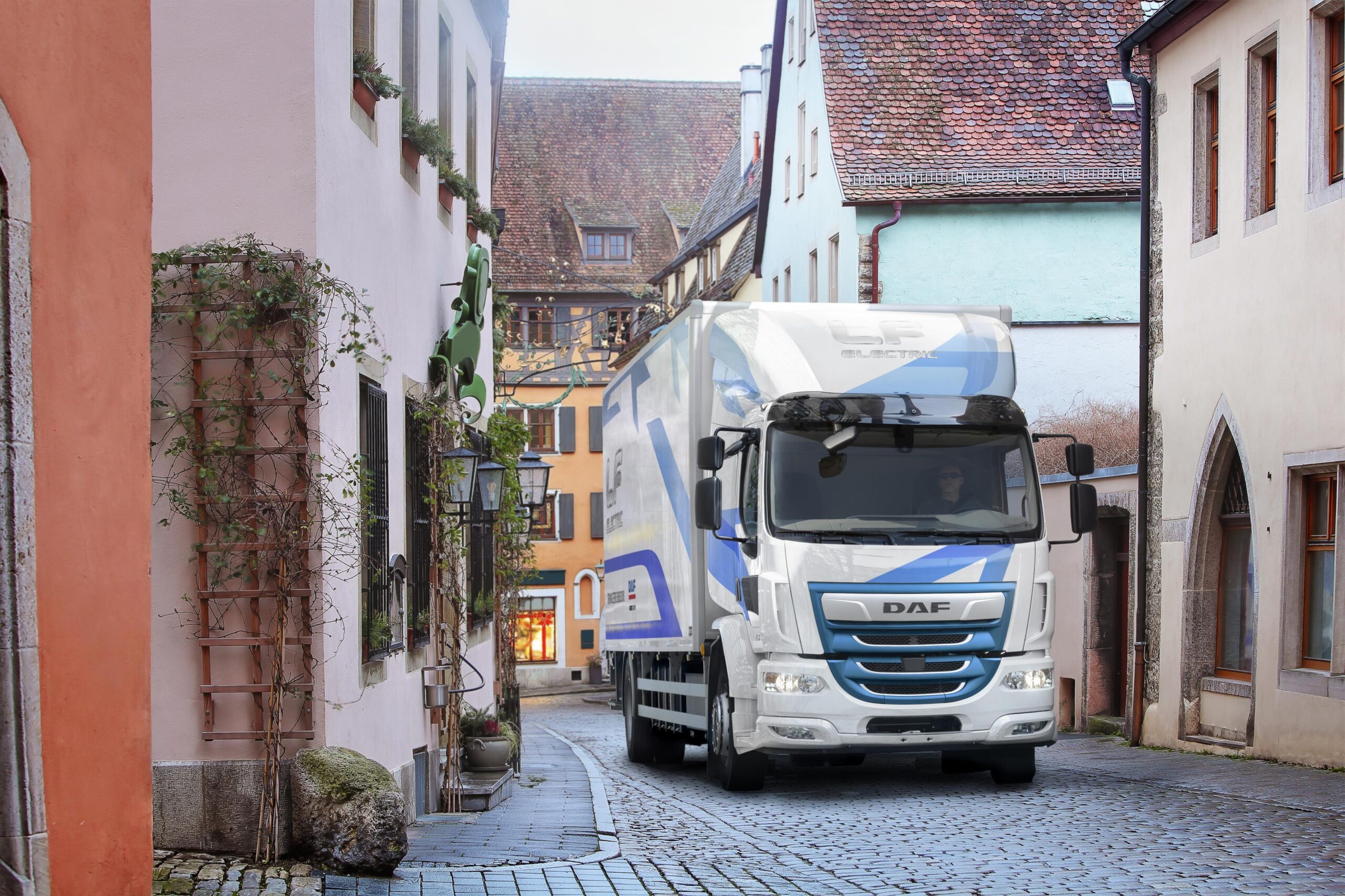A consultation has been launched on plans to expand London’s Ultra Low Emission Zone (ULEZ) to Greater London to help improve air quality in the UK capital.
The ULEZ is currently in place in Central London, requiring motorists to pay a daily 12.50 GBP fee for driving polluting vehicles that do not meet the required emissions standards.
The Mayor of London, Sadiq Khan and Transport for London (TfL) are now proposing that the ULEZ should be expanded across all of London on 29 August 2023, after determining that this change will have the biggest effect on emissions relative to the cost to Londoners, while also tackling the climate emergency and the city’s traffic congestion.
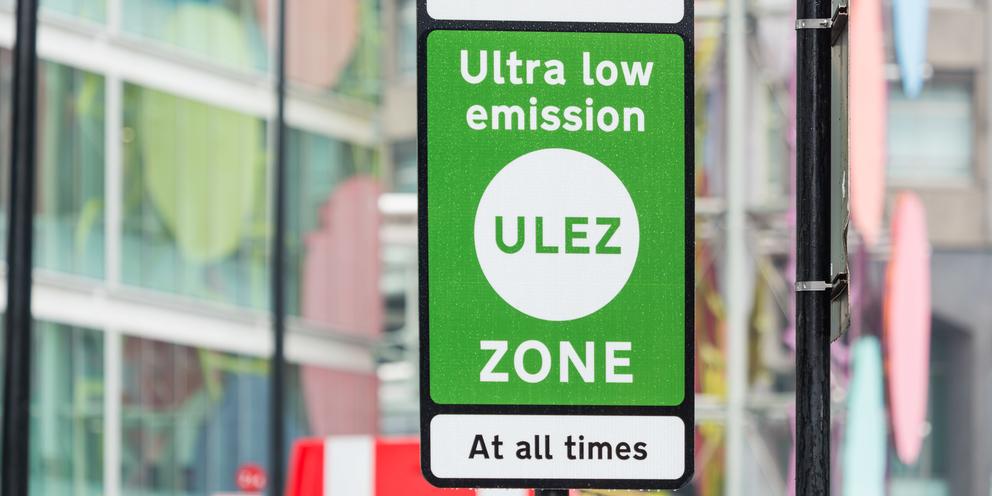
Mayor of London, Sadiq Khan, said:The air Londoners breathe is so toxic it stunts children's lungs, exacerbates chronic illness and contributes to thousands of premature deaths each year. More than half of the 500,000 Londoners with asthma live in outer London and all areas of London still breach safe levels of pollution. That's why my proposals for expanding the Ultra-Low Emission Zone are the right thing to do. Air pollution is not just a central London issue and Londoners in the outer boroughs should be able to enjoy the clean air benefits the ULEZ brings.
In 2019, around 4,000 premature deaths were attributed to filthy air, with the greatest number in outer London. Furthermore, traffic congestion continues to cost the London economy an estimated 5.1 billion GBP each year and has a negative impact on businesses, bus customers, and essential services.
If the larger zone was introduced, it is estimated that the number of cars not meeting the ULEZ standards in outer London each day would fall from 160,000 to 46,000 by the end of 2023. This impact would mean that the air around an additional 145 schools would be clean enough to meet the World Health Organisation’s (WHO) nitrogen dioxide target.
Alex Williams, TfL's Director of City Planning, said:It's clear that the capital's toxic air is continuing to blight the lives of Londoners and progress in outer boroughs is slower than anywhere else. The number of premature deaths and current projections for diseases linked to poor air quality is unacceptable. We must act at pace to tackle this, which is why we are proposing to expand the ULEZ London-wide next year and are looking at the longer-term solution of a new form of road user charging. We would encourage people to respond to this consultation to help shape our plans.
The consultation will also ask Londoners to help shape the future of road charging in the capital by evaluating which existing charges need to be scrapped or replaced.
If the expansion is confirmed, a vehicle scrappage scheme has also been proposed to assist Londoners with vehicles that do not meet the emission standards.



